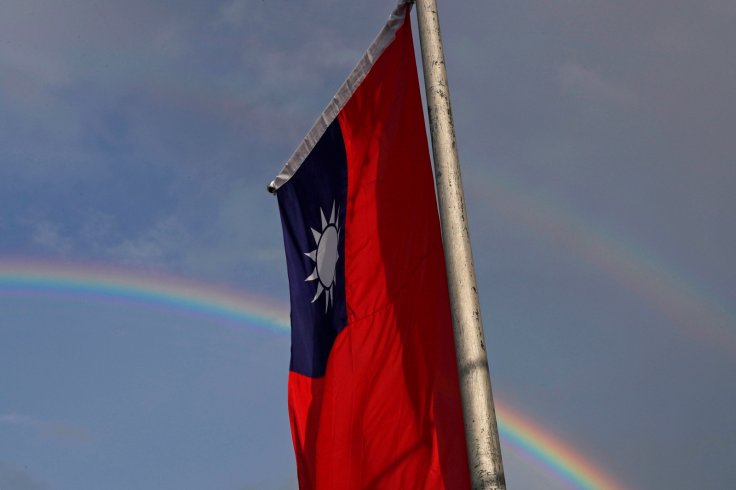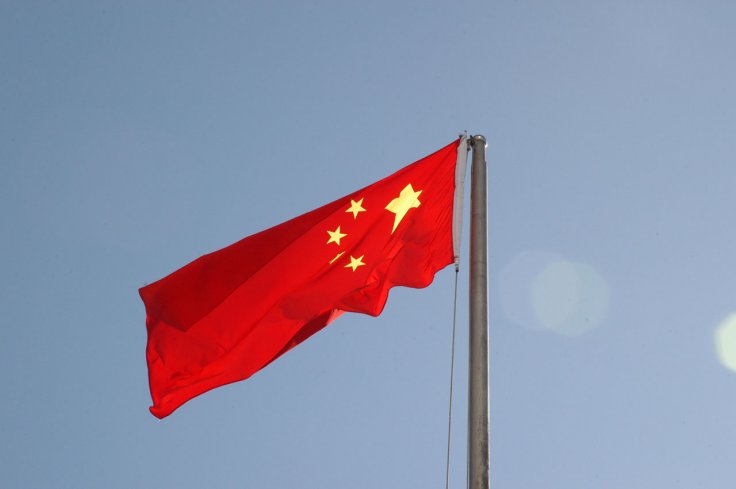The frosty relations between Taiwan and China may be heading towards icier grounds after the island nation's foreign ministry claimed on Sunday that it has not received an invitation to an important World Health Organization (WHO) meeting this week to potentially discuss the COVID-19 pandemic, due to "obstruction" from China.
According to Taiwan's Foreign Ministry, an invitation to the virtual meeting of 194 member states is yet to be received. Notably, WHO chief Tedros Adhanom Ghebreyesus was urged by the US mission at the UN last week to invite the country to the WHO's decision-making body, the World Health Assembly (WHA).
"The Foreign Ministry expresses strong regret and dissatisfaction at China's obstruction of Taiwan participating in the WHO and the WHO's continuing to neglect the health and human rights of Taiwan's 23.5 million people," said the ministry.
Uninvited Taiwan Cries Foul

Holding back no words, Taiwan stated that the refusal or denial of an invitation on the basis of political factors mocked the UN body's claim of "health for all", reported Reuters. During the course of the pandemic, the island has received international praise for its swift action that led to quick containment of the disease. However, WHO has averred that the decision to invite Taiwan to the WHA meeting rests with the member states.
With support from the US, Taiwan's lobbying to be included in WHA has intensified this year, which has in turn enraged China. On Friday, China's mission in Geneva criticized the US for its "distorted" pronouncements about Taiwan. It insisted that Taipei can participate after it acknowledges being a part of China.
So far, a pro-Trump Taiwan has received Washington's backing on an international stage. However, it remains to be seen how the impending change of guard at the White House will affect Taiwan's standing in political and territorial matters involving China.
A Conflict Across the Taiwan Strait

Internationally, Taiwan has faced the closed doors of several global organizations including the WHO on account of China's persistent objections, as it has insisted that the island is not a sovereign nation but one of its provinces. Despite China's claims, Taiwan has maintained that it is an independent and democratic nation in itself.
The tensions between the two regions have seen significant deterioration this year, with both expressing willingness to engage in a military conflict if faced with one. Last week, the US approved the sale of Harpoon missiles to the tune of $2.37 billion to Taiwan; much to China's displeasure and prompting it to threaten war.
On its part, other than its vehement claim over its East Asian neighbor, China has been accused of carrying out several incursions of Taiwan's airspace using its air force. Over the past few weeks, China has imposed sanctions on several US defense companies that supplied arms to Taiwan.
In October, it was reported that China was upgrading its missile bases and dispatching highly-advanced hypersonic missiles to these areas; all of which put Taiwan within its striking range.








